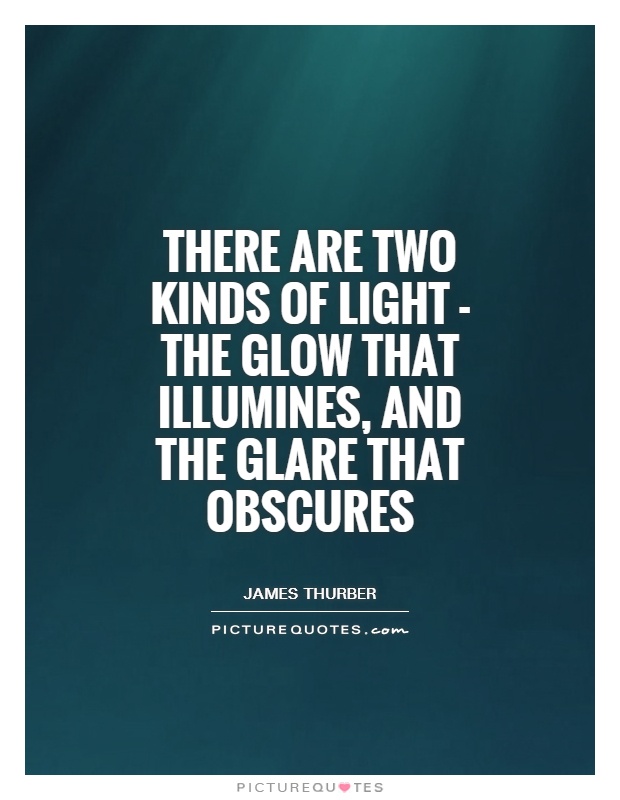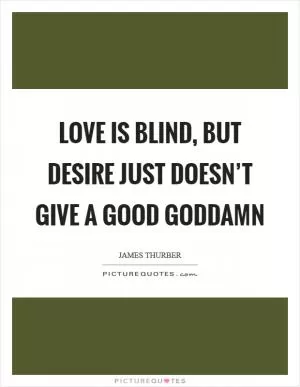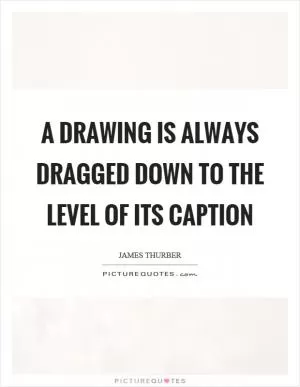There are two kinds of light - the glow that illumines, and the glare that obscures

There are two kinds of light - the glow that illumines, and the glare that obscures
James Thurber, a renowned American author and cartoonist, often explored the theme of perception and reality in his works. The quote “There are two kinds of light - the glow that illumines, and the glare that obscures” perfectly encapsulates Thurber’s unique perspective on the world. In many of his stories, Thurber delves into the complexities of human nature and the ways in which people often misunderstand or misinterpret each other.Thurber’s writing often shines a light on the inherent contradictions and complexities of human relationships. In his famous short story “The Secret Life of Walter Mitty,” Thurber explores the contrast between the mundane reality of Walter Mitty’s life and the fantastical daydreams that he uses to escape from it. The glow of Mitty’s daydreams illuminates his inner desires and aspirations, while the glare of his everyday life obscures his true self.
Similarly, in “The Catbird Seat,” Thurber examines the tension between conformity and individuality. The glow of Mr. Martin’s meticulous planning and attention to detail illuminates his determination to rid the office of the disruptive Mrs. Barrows. However, the glare of Mrs. Barrows’ overbearing personality obscures Mr. Martin’s true intentions, leading to a surprising twist in the story.
Thurber’s use of light as a metaphor for perception and understanding is particularly poignant in his satirical cartoons. In his famous drawing of a man with a monocle, Thurber highlights the absurdity of relying on superficial appearances to make judgments about others. The glow of the monocle may give the man a sense of sophistication and refinement, but it ultimately obscures his true character.
Overall, Thurber’s exploration of light in his works serves as a powerful reminder of the importance of looking beyond surface appearances and embracing the complexities of human nature. By shining a light on the glow that illumines and the glare that obscures, Thurber challenges his readers to question their assumptions and seek a deeper understanding of themselves and others.












 Friendship Quotes
Friendship Quotes Love Quotes
Love Quotes Life Quotes
Life Quotes Funny Quotes
Funny Quotes Motivational Quotes
Motivational Quotes Inspirational Quotes
Inspirational Quotes